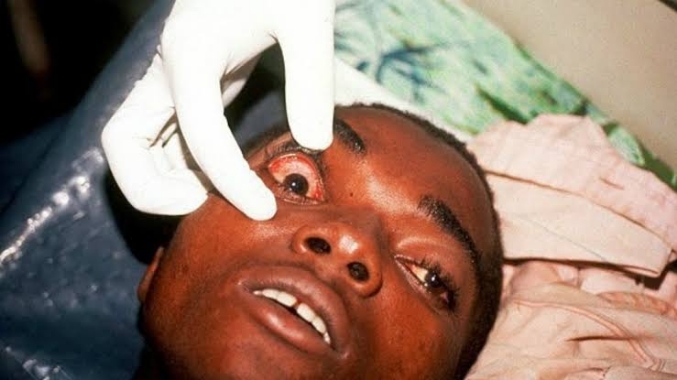The World Health Organisation (WHO), said on Thursday that the death toll from the Marburg virus outbreak in Equatorial Guinea has risen to 20, with Malabo recording six more deaths in 10 days, according to Agency reports.
The cases of this haemorrhage fever, which is almost as deadly as Ebola, according to media reports, have spread from the province of Kie-Ntem, where it allegedly claimed the first known deaths on January 7, to Bata, the economic capital of this small Central African country, which is partly an island and partly a continent.
This expansion “suggests wider transmission of the virus” and requires “intensified response efforts to avoid a large-scale epidemic and loss of life,” WHO warned in a statement.
“Between 11 and 20 March, eight cases were confirmed, six of which died,” the Equatoguinean government said on its website, without establishing a total toll since the beginning of the epidemic. The last official death toll was 11 on February 28.
“To date, there are 20 probable cases and 20 deaths,” WHO said, adding that the new cases were reported in the province of Kie-Ntem, Litoral and Centro Sur, all of which have international borders with Cameron and
Garbon.
“The epidemic is now raging in three of the four mainland provinces, from the east to the Atlantic Ocean. Bata the port on the Gulf of Guinea with a population of about 250,000 is ‘affected’ ,” according to the government.
Recall that Prudence Journal on Tuesday, March 21, reported Marburg virus claimed 5 in Tanzania.
The virus is transmitted to humans by fruit bats, and is spread among humans through direct contact with bodily fluids of infected people, or surfaces and materials. The case fatality rate is up to 88 per cent.
According to reports, there is yet no approved vaccines or antiviral treatment for the virus. However, supportive care – oral or intravenous rehydration – and treatment of specific symptoms increase the chances of survival.
A range of potential treatments, including blood products, immune therapies and drugs, as well as candidate vaccines with phase 1 data are being evaluated, according to WHO.









Got a Question?
Find us on Socials or Contact us and we’ll get back to you as soon as possible.